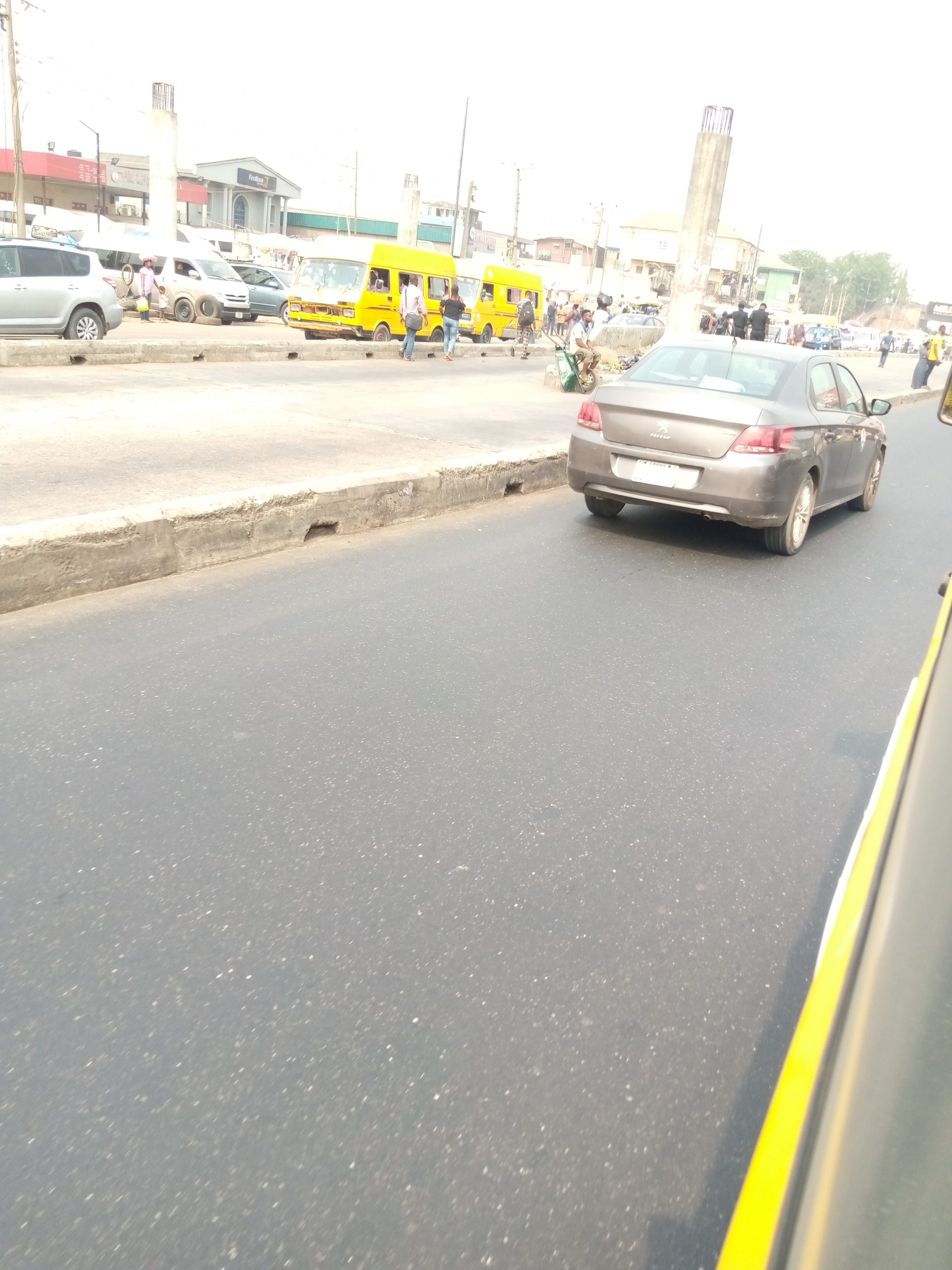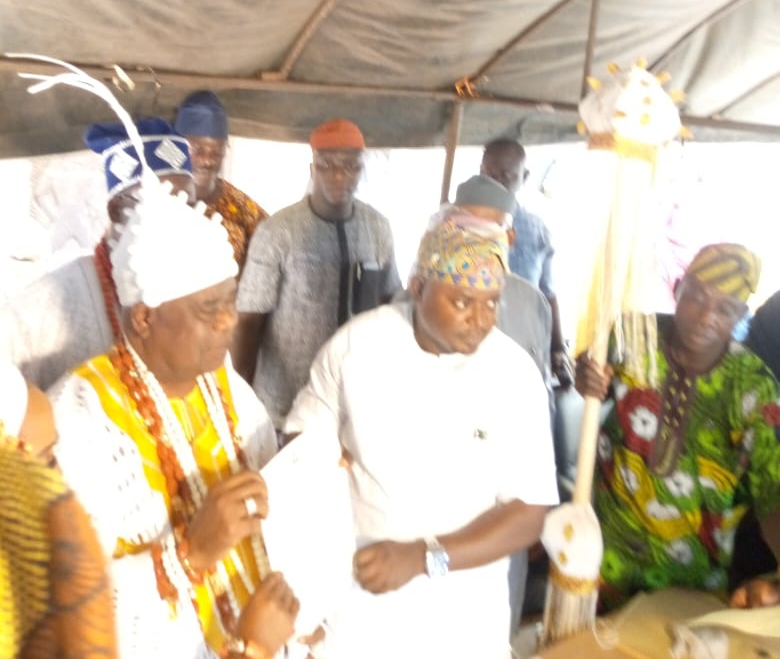Monitoring effect of Okada, Keke, O’Pay ban on Lagos roads

The ban by Lagos State Government on all kinds motorcycles and tricycles popularly known as Okada and Keke Marwa, respectively, took effect today, Saturday, being the take off date given by the Babajide Sanwo-Olu Administration for its enforcement.
The DEFENDER monitored Agege Motor Road and Lagos-Abeokuta Expressway which form part of the major roads known to be more involved in the activities of Okada and Keke operators.


Our checks on these roads showed significant effectiveness of the enforced traffic law as only yellow buses, private cars and other vehicles were found plying the roads.
Motorcycles belonging to courier services and companies, which use the two-legged means of transport as despatch assignments, were however seen going about their jobs without itches.
With the absence of Okada and Keke on main roads, Lagos at full enforcement of the traffic law is looking more like the beautiful Centre of Excellence that it is expected to be. Saturday morning, there was free flow of traffic from the TollGate/Alagbado axis on Lagos-Abeokuta Road through Iyana Ipaja and Ile Zik.
Our monitoring team also found out that, from Ile Zik to Oshodi and Mushin on the Agege Motor Road stretch was free of the usual traffic jam that usually characterised weekend in the metropolis, except the Moshalashi Bus Stop and Kola Bus Stop area on Lagos-Abeokuta Road where which spotted traffic itches caused, even before the ban not by Okada or Keke but, by bad portions in the area going to and coming from TollGate.

It will be recalled that moving around in Lagos, Africa’s largest mega-city, before the Okada/Keke ban, was notoriously difficult given the daily traffic jams and poorly maintained road networks which now appears to be currently being addressed by the state government.
To many, in situation where movement is made difficult by traffic jams, Okada and Keke become the better alternatives. They believe the movement situation will be worse for them now that those easier means of transport are banned and with new clampdown measures on these city’s most commonly used modes of transport.
Commuters are also of the fear that their personal economy will be badly affected by the ban, in a state where responsibility to determine charges of transport fare, moving around for all categories of residents, is left at the mercy of notorious transporters and agbero, who charge fare indiscriminately without considering the earnings of passengers and, especially the agbero, who influence the transporters’ charging behaviour and display unruly attitude thereby constituting nuissance in across the state.
The state government, few days ago, announced a ban on commercial motorcycles and tricycles in the city’s major residential and business hubs, including Ikeja, the state capital.
While this is not the first ban on commercial bikes, this time, the state has also explicitly banned operations of motorcycle-hailing startups that have become ubiquitous over the past year.
Bike-hailing startups including Max.ng, Gokada and ORide (a subsidiary of Chinese-backed OPay superapp) offer a value proposition of being a safer option to usually chaotic okadas and a cheaper way to navigate through Lagos’ many traffic jams versus cars. They have also proven attractive to investors raising million of dollars in funding based on the prospect of bringing some order to Lagos’ notorious roads and then expanding elsewhere. The ban, which came into effect on this February 1, 2020 has affected their operation also.
The state has defended the ban as necessary for security and safety, especially as motorcycles and tricycles are known for a tendency to disregard traffic laws and involvement in accidents. This is further confirmed by the nonchalance and nuissance display of particularly Okada operators who do not value human life the way they operate.
A report has it that with the state-owned bus transit service (BRT) practically unable to cater to its residents’ transport needs, motorcycles and tricycles filled in key gaps and became necessary features of the transport system in Lagos. Their utility was most evident in clusters of the city that are inaccessible by car due to poor planning and bad roads. The state government had claimed it would provide buses in the affected areas to ease the effects of the ban but those promises ring hollow with its BRT service already appearing ill-equipped with fewer buses and long wait times and queues at local bus terminals and stops.
The DEFENDER’s checks revealed that with BRT being in full operation along the Lagos-Abeokuta Expressway with 200 new buses beginning from May 2020 as promised by the state government, the fear of inadequate means of transportation with disappear.
Watchers of the development however asked Governor Sanwo-Olu to also regulate the activities of agbero if he really meant success for the Okada/Keke ban. He was also told that men in uniform should not be seen riding banned Okada because, one of them said, doing so will mean that those who come to equity do not come with clean hands.








